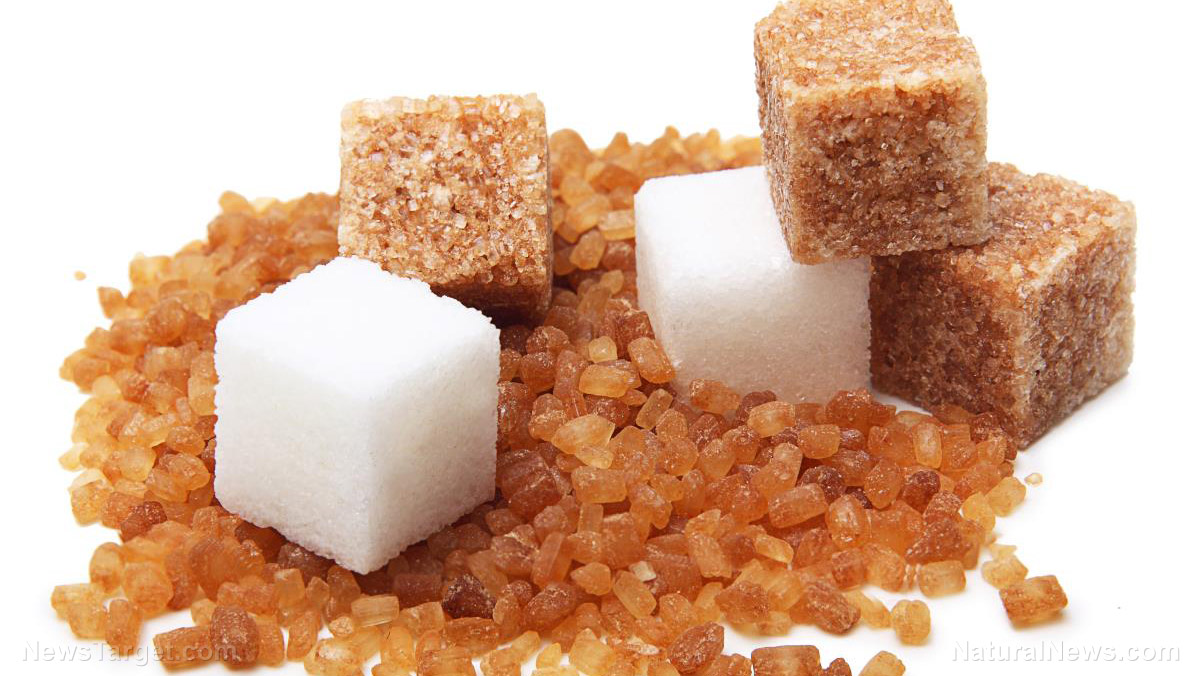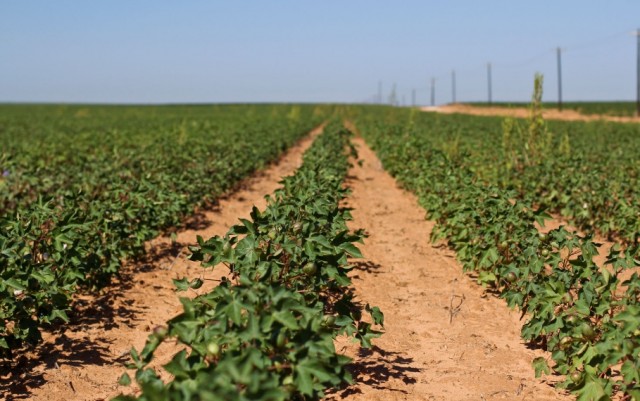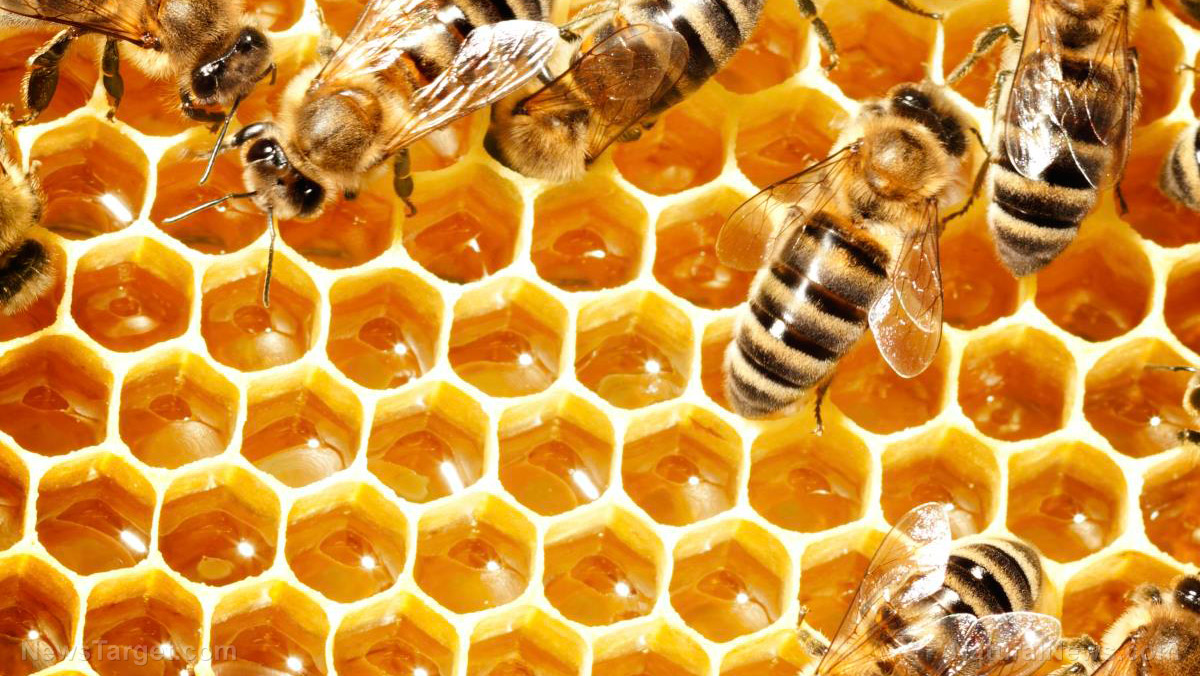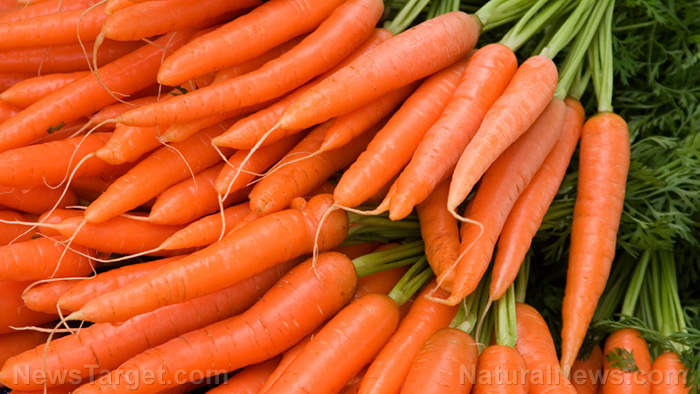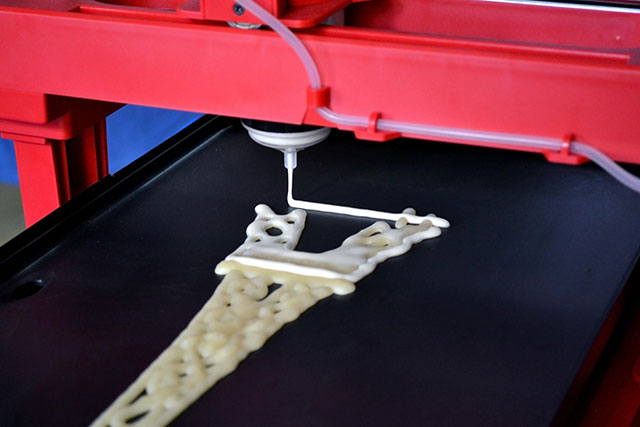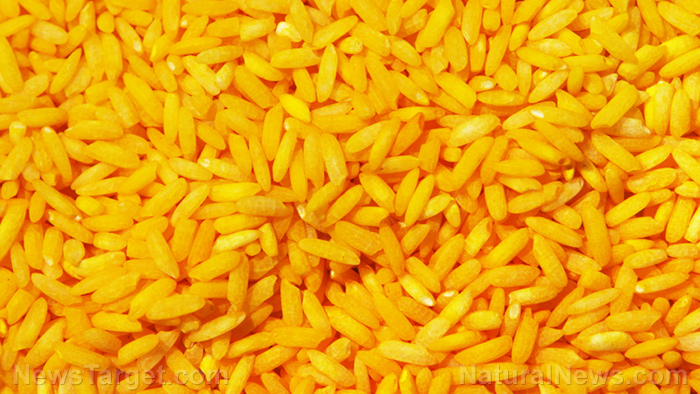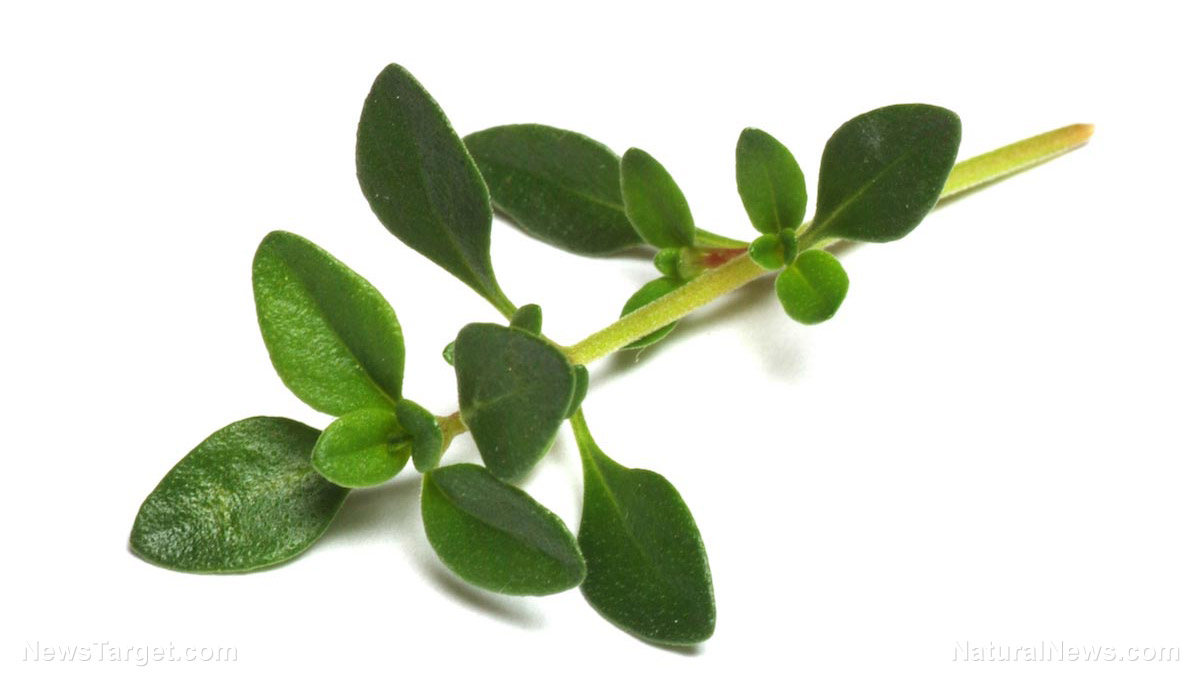Food crops produce more output when they have healthy soil microbes, research confirms… yet glyphosate kills soil life
09/05/2017 / By Rhonda Johansson
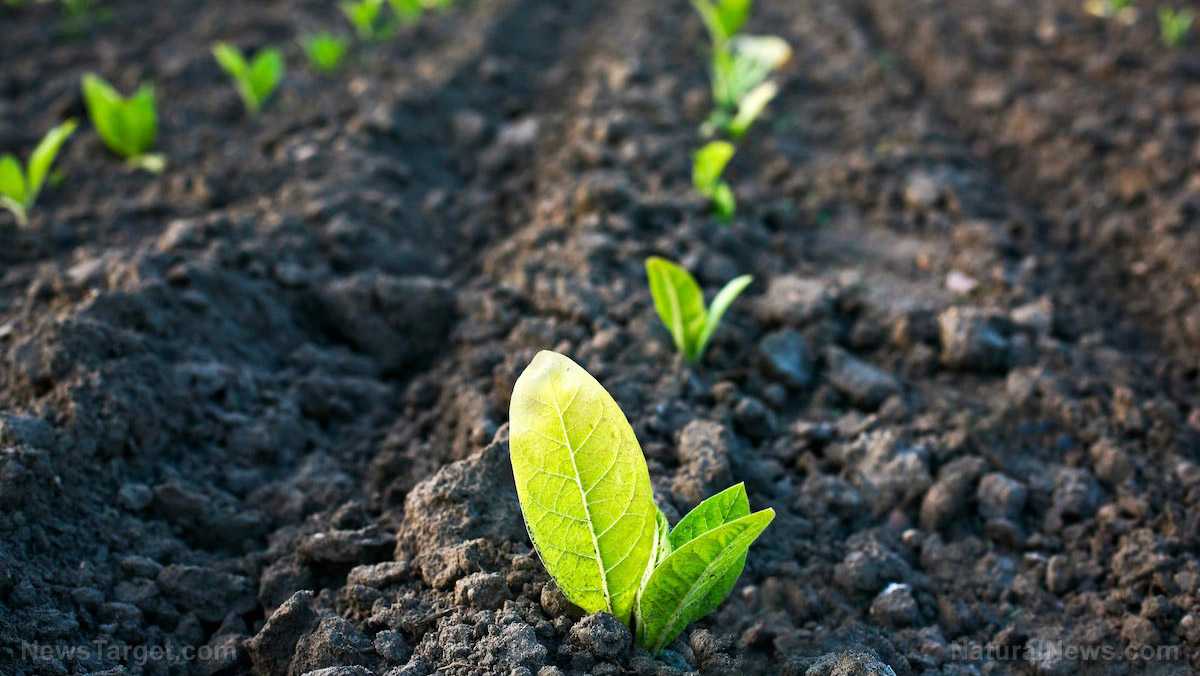
In an attempt to tease out the nature vs. nurture conundrum in the development of plants, a team of researchers from the University of Queensland analyzed scores of plant genera along the Cooloola dunes from the Great Sandy National Park on Australia’s Sunshine Coast. It was determined that the presence and level of soil microorganisms directly impacted the health of the plant, regardless of whether the plant itself came from a species known for its hardiness. This means that nurture plays a stronger role in plant health compared to nature. This has major implications to how we can develop crop probiotics to make plants hardier and more productive, while increasing their resilience to pests, diseases, and environmental stresses.
Professor Susanne Schmidt, co-author of the study, noted that their research could be used to infer how microbiomes could also be used to promote health in animals. “Knowing that all plants harbor a core root microbiome is a step towards understanding the principles of the intricate relationship between microorganism and plants,” she said. “We now need to find out what roles these root-enriched microorganisms play and how we can harness their potential for ecological agriculture.”
For years, researchers have tried to measure the direct impact microbial communities had on crop yields. One of the major challenges in this study was finding an area that could serve as a good evolutionary cross-section of a host group. Because plants, unlike animals, have limited mobility and generally remain in a single place for generations, it was important to study a location that had broadly remained the same for generations. Cooloola in Australia seemed most ideally suited for the purposes of this research. The dune systems have developed over several hundred thousand years with little to no change.
Co-author of the study, Australian center for Ecogenomics director Professor Phil Hugenholtz said, “it’s also important to note that Australia is one of the few places where you have access to representatives of the entire plant kingdom — you couldn’t have covered the same evolutionary range of plant species in Europe for instance.”
Professors Hugenholtz and Schmidt collected root and soil samples from various non-seed and seed plant lineages (including lycopads, cycads, ferns, conifers, and flowering plants) and cross-examined them by their resident bacterial communities. A comprehensive and statistical review revealed that while plant genetics influenced the amount of microbial activities, environmental factors had a bigger impact on how well the plant grew.
The team also found that core root microbiome had evolved with terrestrial plants along Cooloola over their 400 million year history.
Researchers infer that plants living on microbiome-rich soil tend to grow taller, healthier, and produce more.
Glyphosate kills plants by robbing them of vital nutrients
Soil is the foundation of our food security. Nevertheless, a recent assessment of the global health of our soil showed that 33 percent of the world’s land is degraded. The most dangerous factor contributing to our soil’s ill health is chemical contamination, particularly from glyphosate. Several studies have concluded that glyphosate-based herbicides negatively affect soil, its microorganisms, and various fauna. Unfortunately, glyphosate is a continuous poison in that its chemical signature is seen for generations. Current technologies cannot completely eliminated traces of glyphosate in soil. The chemical is capable of leaching into deeper soil layers, potentially ending up in ground and surface waters. The continual poisoning of the soil degrades bacterial communities which, in turn, impacts plant health.
Read more stories like this on Glyphosate.news.
Sources include:
Tagged Under: crop yields, food production, glyphosate, herbicides, plant health, plant life, soil health, soil microorganisms



